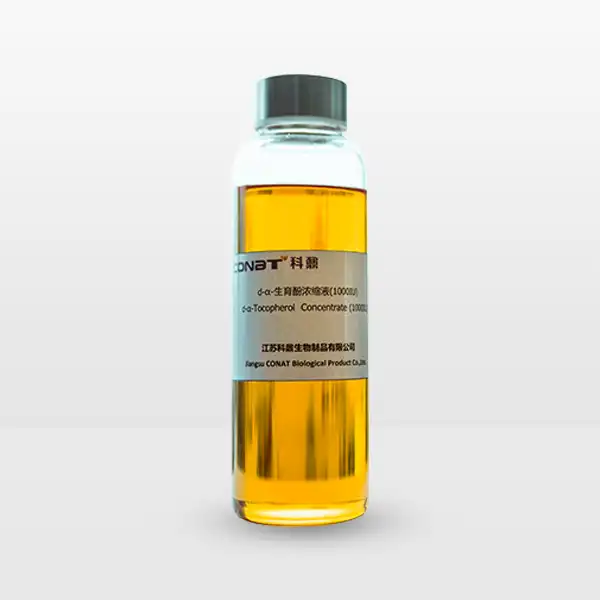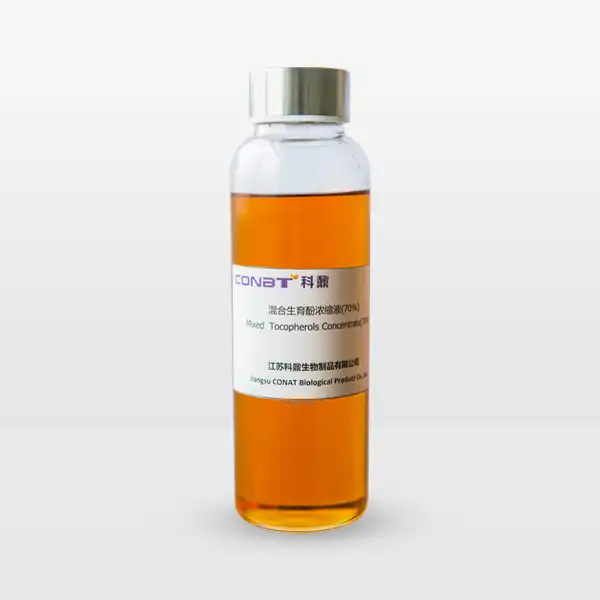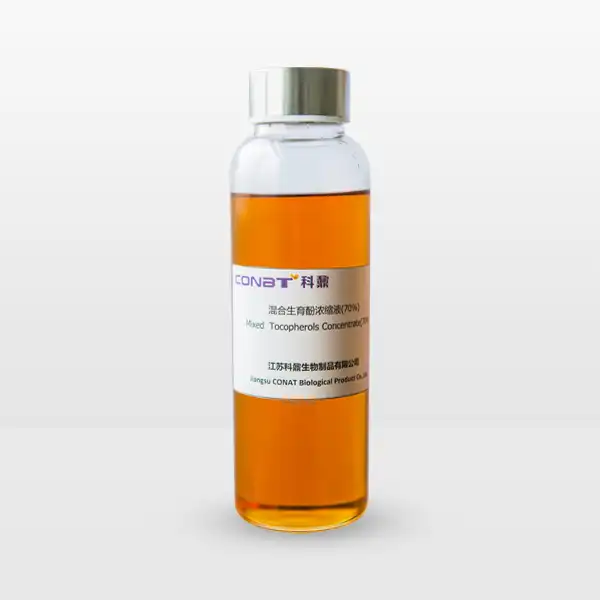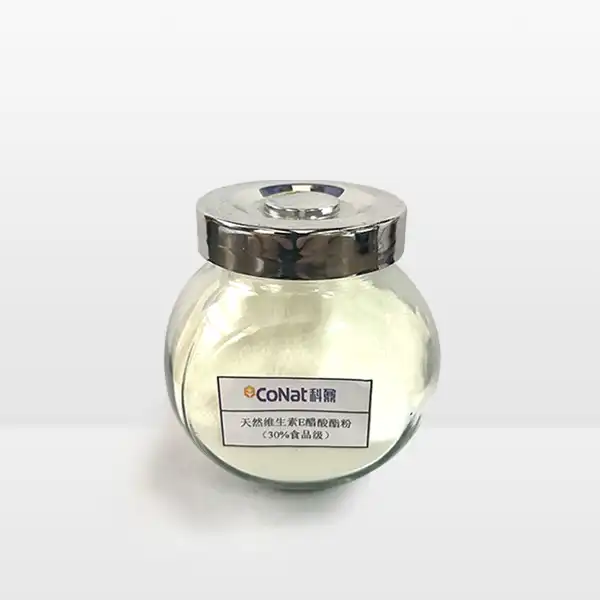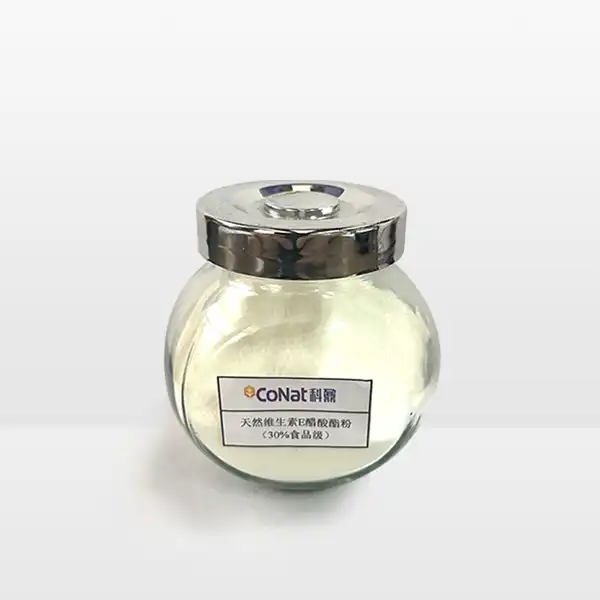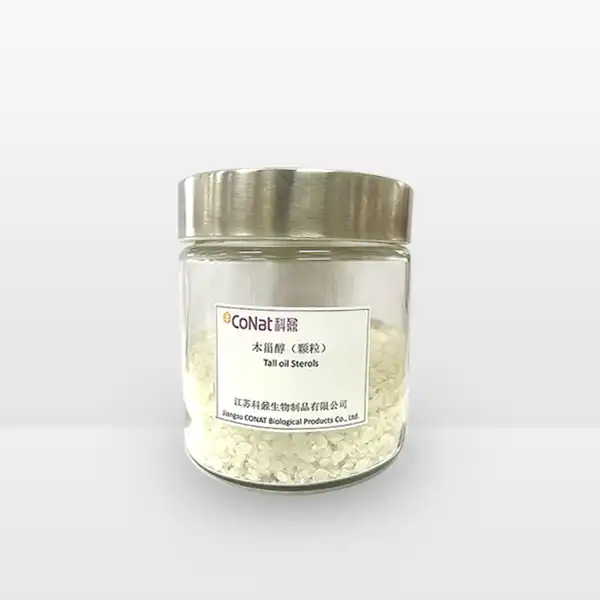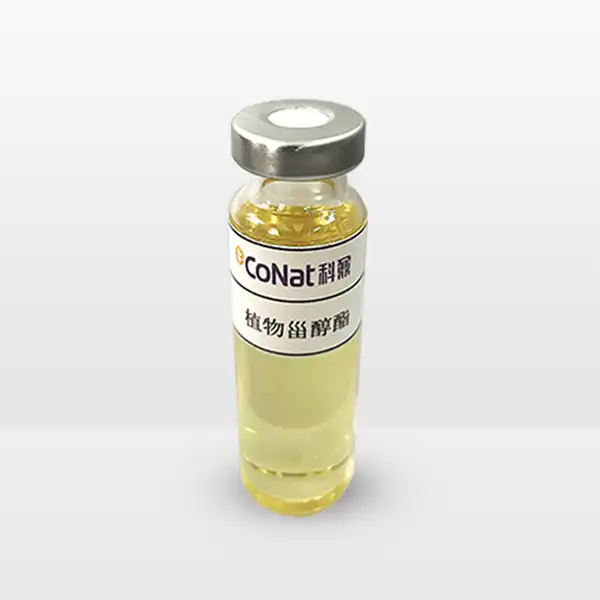- English
- French
- German
- Portuguese
- Spanish
- Russian
- Japanese
- Korean
- Arabic
- Greek
- German
- Turkish
- Italian
- Danish
- Romanian
- Indonesian
- Czech
- Afrikaans
- Swedish
- Polish
- Basque
- Catalan
- Esperanto
- Hindi
- Lao
- Albanian
- Amharic
- Armenian
- Azerbaijani
- Belarusian
- Bengali
- Bosnian
- Bulgarian
- Cebuano
- Chichewa
- Corsican
- Croatian
- Dutch
- Estonian
- Filipino
- Finnish
- Frisian
- Galician
- Georgian
- Gujarati
- Haitian
- Hausa
- Hawaiian
- Hebrew
- Hmong
- Hungarian
- Icelandic
- Igbo
- Javanese
- Kannada
- Kazakh
- Khmer
- Kurdish
- Kyrgyz
- Latin
- Latvian
- Lithuanian
- Luxembou..
- Macedonian
- Malagasy
- Malay
- Malayalam
- Maltese
- Maori
- Marathi
- Mongolian
- Burmese
- Nepali
- Norwegian
- Pashto
- Persian
- Punjabi
- Serbian
- Sesotho
- Sinhala
- Slovak
- Slovenian
- Somali
- Samoan
- Scots Gaelic
- Shona
- Sindhi
- Sundanese
- Swahili
- Tajik
- Tamil
- Telugu
- Thai
- Ukrainian
- Urdu
- Uzbek
- Vietnamese
- Welsh
- Xhosa
- Yiddish
- Yoruba
- Zulu
How Much Plant Sterol Ester Should I Consume to Lower Cholesterol?
Managing cholesterol levels is a significant concern for many people worldwide, and natural solutions like plant sterol esters have gained considerable attention. Plant sterol esters are natural compounds found in plants that have been scientifically proven to help reduce cholesterol levels. These compounds work by blocking cholesterol absorption in the digestive system, making them an effective natural alternative or complement to traditional cholesterol management approaches. Understanding the right amount to consume is crucial for achieving optimal results in your cholesterol management journey.
What are the recommended daily intake levels of Plant Sterol Esters for optimal cholesterol reduction?
Plant sterol esters' effectiveness in cholesterol management is directly linked to proper dosing. The scientific consensus and clinical studies support specific daily intake recommendations to achieve optimal cholesterol-lowering benefits. Most health organizations and regulatory bodies, including the European Food Safety Authority (EFSA) and the US Food and Drug Administration (FDA), recommend consuming 1.5 to 3 grams of plant sterols or stanols daily to effectively lower cholesterol levels. This amount has been shown to reduce LDL cholesterol by 7-12% when consumed as part of a healthy diet.
The key to successful implementation lies in spreading this intake throughout the day, preferably with meals. This approach maximizes the compound's ability to interact with dietary cholesterol, enhancing its cholesterol-lowering effects. For instance, you might consume 1 gram with breakfast, 1 gram with lunch, and 1 gram with dinner. This strategic distribution ensures the consistent presence of plant sterols in your digestive system when dietary cholesterol is being processed.
Research indicates that consuming plant sterol esters with meals containing fat can enhance their absorption and effectiveness. This is because plant sterols compete with cholesterol for absorption in the digestive tract, and the presence of dietary fat helps facilitate this process. However, exceeding the recommended daily intake doesn't provide additional benefits and isn't necessary for achieving optimal results. Starting with a lower dose and gradually increasing it can help your body adjust and minimize any potential digestive adjustments.
How long does it take for Plant Sterol Esters to effectively lower cholesterol levels?
The timeline for experiencing noticeable cholesterol reduction through plant sterol ester supplementation varies among individuals, but research provides clear patterns. Clinical studies have shown that consistent consumption of plant sterol esters can begin to show measurable effects on cholesterol levels within 2-3 weeks of regular use. However, the full beneficial effects typically become apparent after 8-12 weeks of consistent consumption at recommended levels.
The effectiveness timeline depends on several factors, including your initial cholesterol levels, overall diet, lifestyle habits, and genetic predisposition. Some individuals may notice improvements more quickly, while others might require longer periods to achieve significant results. The key factor in determining success is consistency in consumption and adherence to recommended dosage guidelines.
Regular monitoring of cholesterol levels through blood tests can help track progress and adjust intake if necessary. Most healthcare providers recommend checking cholesterol levels after three months of consistent plant sterol ester consumption to evaluate effectiveness. This timeframe allows for meaningful changes to occur and provides a reliable measure of the intervention's success.
It's important to note that plant sterol esters work best as part of a comprehensive approach to cholesterol management. Combining their consumption with other healthy lifestyle choices, such as regular exercise, maintaining a healthy weight, and following a heart-healthy diet, can enhance and accelerate their cholesterol-lowering effects. This synergistic approach often leads to more substantial and sustainable improvements in cholesterol levels over time.
How do Plant Sterol Esters compare to other natural cholesterol-lowering supplements?
When comparing plant sterol esters to other natural cholesterol-lowering supplements, several distinct advantages emerge. Plant sterol esters stand out for their extensive scientific backing and well-documented mechanism of action. Unlike many natural supplements, plant sterols have been thoroughly studied in numerous clinical trials, with consistent results supporting their effectiveness in cholesterol management.
Compared to other popular natural supplements like red yeast rice, garlic extracts, or fish oils, plant sterol esters demonstrate more consistent and predictable results in cholesterol reduction. While red yeast rice contains compounds similar to prescription statins and can effectively lower cholesterol, it may carry similar risks and side effects. Plant sterol esters, on the other hand, work through a different mechanism that doesn't affect liver function or interact significantly with other medications.
Fish oils, particularly omega-3 fatty acids, are excellent for overall heart health and can help reduce triglycerides, but their direct impact on LDL cholesterol is minimal compared to plant sterol esters. Garlic supplements, while beneficial for overall cardiovascular health, show more modest effects on cholesterol levels. Plant sterol esters demonstrate a more direct and powerful effect on LDL cholesterol reduction, with studies consistently showing reductions of 7-12% when taken at recommended doses.
The safety profile of plant sterol esters is another distinguishing factor. With decades of use and numerous safety studies, plant sterol esters have proven to be well-tolerated by most individuals. Unlike some other natural supplements that may interact with medications or have contraindications for certain health conditions, plant sterol esters have minimal interactions and can be safely combined with most cholesterol-lowering medications, though it's always advisable to consult with healthcare providers before starting any supplement regimen.
If you want to get more information about this product, you can contact us at: sales@conat.cn.
References
1. European Food Safety Authority (EFSA). "Scientific Opinion on the substantiation of health claims related to plant sterols." EFSA Journal, 2012.
2. FDA. "Food Labeling: Health Claims; Plant Sterol/Stanol Esters and Risk of Coronary Heart Disease." Federal Register, 2010.
3. American Heart Association. "Phytosterols, Stanols and Heart Disease." Circulation, 2021.
4. Jones, P.J., et al. "Plant sterols and stanols in the management of dyslipidemia: A systematic review." Journal of AOAC International, 2018.
5. Gylling, H., et al. "Plant sterols and plant stanols in the management of dyslipidaemia and prevention of cardiovascular disease." Atherosclerosis, 2014.
6. Ras, R.T., et al. "LDL-cholesterol-lowering effect of plant sterols and stanols across different dose ranges: a meta-analysis of randomised controlled studies." British Journal of Nutrition, 2014.
7. Trautwein, E.A., et al. "Plant sterols and blood cholesterol." Current Opinion in Lipidology, 2003.
8. Katan, M.B., et al. "Efficacy and Safety of Plant Stanols and Sterols in the Management of Blood Cholesterol Levels." Mayo Clinic Proceedings, 2003.
9. Thompson, G.R., et al. "Plant Sterols and Stanols: History, Chemistry, and Clinical Benefits." Nutrition Today, 2019.
10. Ortega, R.M., et al. "Plant sterols in food and their effects on human health." Nutrition Hospital, 2020.
